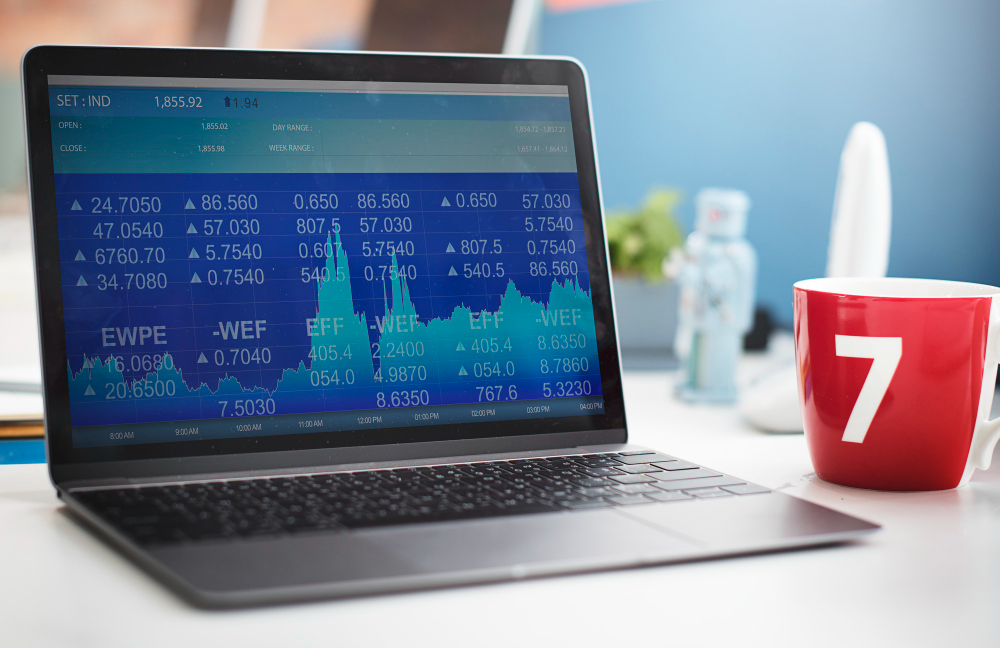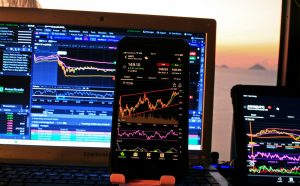Learn to Trade
What is a Forex Economic Calendar?

A forex economic calendar is a tool used by traders to keep track of important economic events, news releases, and indicators that can impact the currency markets. It provides a schedule of upcoming events along with relevant data, previous values, and market expectations. Understanding and utilizing a forex economic calendar is essential for traders seeking to stay informed, make informed trading decisions, and effectively navigate the dynamic forex market. In this article, we will delve into the concept of a forex economic calendar and its significance in forex trading.
1. Introduction
In the fast-paced world of forex trading, staying abreast of economic events is crucial. A forex economic calendar acts as a comprehensive timetable of upcoming economic indicators, central bank announcements, monetary policy decisions, employment reports, inflation data, GDP releases, and other essential economic information.
2. What is a Forex Economic Calendar?
A forex economic calendar is a resource that provides traders with a chronological list of scheduled economic events, along with relevant data pertaining to those events. It serves as a central hub where traders can find key information that may impact currency markets, allowing them to prepare and adjust their trading strategies accordingly.
3. Why is a Forex Economic Calendar Important?
Forex markets are highly sensitive to economic news and events. Any unexpected or significant changes in economic data can lead to price volatility and market fluctuations. By utilizing a forex economic calendar, traders can anticipate and react to these events in a timely and informed manner, reducing the risk of being caught off guard by sudden market movements.
4. Key Components of a Forex Economic Calendar
A forex economic calendar typically includes the following components:
- Event Name: The name or description of the economic event or indicator.
- Date and Time: The scheduled date and time of the event’s release.
- Currency: The currency or currencies most likely to be affected by the event.
- Impact Level: An indicator of the event’s potential impact on the market (low, medium, or high).
- Previous Value: The previous value or reading of the economic indicator.
- Expected Value: The market consensus or forecasted value for the upcoming release.
5. Interpreting the Economic Calendar
To effectively interpret a forex economic calendar, traders need to understand the relationship between economic events and currency markets. They should consider the expected impact of each event on currency pairs, analyze historical data and market reactions, and assess the potential implications for their trading positions.
6. Benefits of Using a Forex Economic Calendar
Utilizing a forex economic calendar offers several benefits to traders:
- Event Awareness: Stay informed about upcoming economic events and releases that can impact the market.
- Market Volatility Prediction: Anticipate potential market volatility and adjust trading strategies accordingly.
- Improved Risk Management: Manage risk by adjusting position sizes, setting appropriate stop-loss levels, or avoiding trading during highly volatile periods.
- Enhanced Trading Opportunities: Identify trading opportunities based on significant economic events and market reactions.
- Data-Driven Decision Making: Make informed trading decisions by incorporating economic data and indicators into your analysis.
7. Reliable Sources of Forex Economic Calendars
There are various reliable sources for forex economic calendars, including financial news websites, forex brokers, trading platforms, and economic research institutions. Choose a reputable source that provides accurate and timely information.
8. Conclusion
A forex economic calendar is an indispensable tool for forex traders, offering valuable insights into upcoming economic events and their potential impact on the currency markets. By incorporating a forex economic calendar into their trading routine, traders can make more informed decisions, effectively manage risk, and capitalize on trading opportunities presented by economic events.
9. FAQs
9.1. What are some of the most influential economic events in forex trading?
Some of the most influential economic events in forex trading include central bank interest rate decisions, non-farm payroll (NFP) reports, GDP releases, inflation data (CPI), retail sales, and manufacturing PMI (Purchasing Managers’ Index).
9.2. How frequently is a forex economic calendar updated?
Forex economic calendars are typically updated in real-time or with a minimal delay to provide traders with the most up-to-date information. However, the frequency of updates may vary depending on the source and the importance of the economic event.
9.3. Can a forex economic calendar help in developing trading strategies?
Yes, a forex economic calendar can be a valuable tool in developing trading strategies. By analyzing historical data and market reactions to economic events, traders can identify patterns and correlations that can inform their trading strategies.
9.4. Are there alternative tools or resources for tracking economic events?
In addition to forex economic calendars, traders can also utilize financial news platforms, economic research reports, and trading software that provide real-time economic news and analysis.
9.5. Is a forex economic calendar applicable to all trading styles?
Yes, a forex economic calendar is relevant to all trading styles, whether you are a day trader, swing trader, or long-term investor. Economic events can impact the market in the short term as well as the long term, making them important considerations for traders of all styles.







